PLEASE PASS (ON)
THE OCEAN-FARMED SALMON.
Foodies and world-renowned chefs agree:
this industrialized fish doesn’t belong on any table.

It's driving
WILD ATLANTIC
salmon to extinction
Farming salmon in the ocean is a leading cause of decline and collapse in wild Atlantic salmon populations.


It pollutes the ocean,
and your plate
99% of Atlantic salmon on the market is less clean, less transparent, and less nutritious than you've been led to believe. And the sea cages dump pesticides and other toxic chemicals into surrounding waters.


It’s raised in harmful
SEA
CAGES
These cramped cages, with water clouded by chemicals and fecal matter, are inhumane. No wonder between 2012 and 2022, approximately 865 million ocean-farmed salmon died prematurely.


It creates food
INSECURITY
Feeding one ocean-farmed salmon takes more than 400 smaller wild fish – and these could be feeding vulnerable people in low-income countries instead.













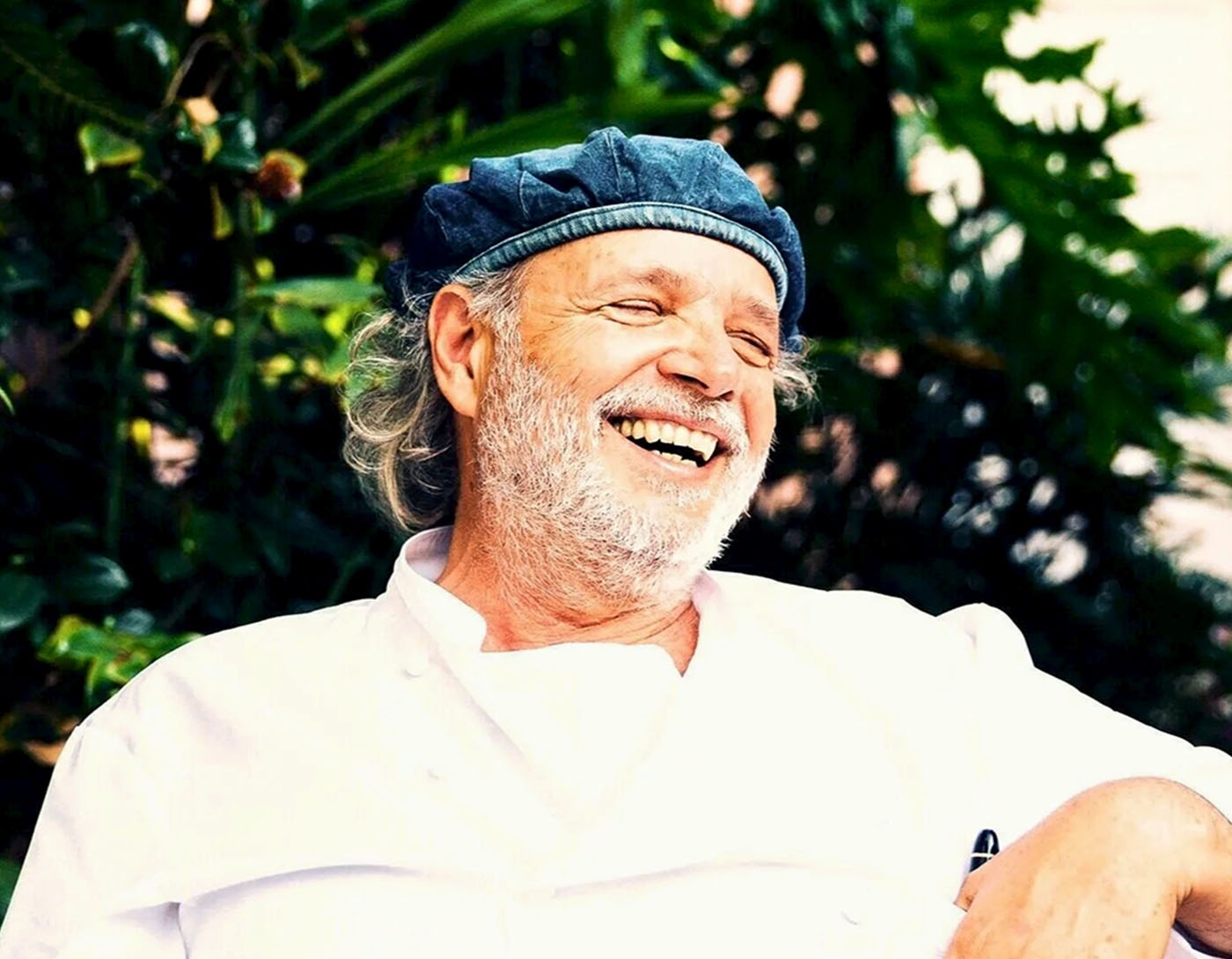
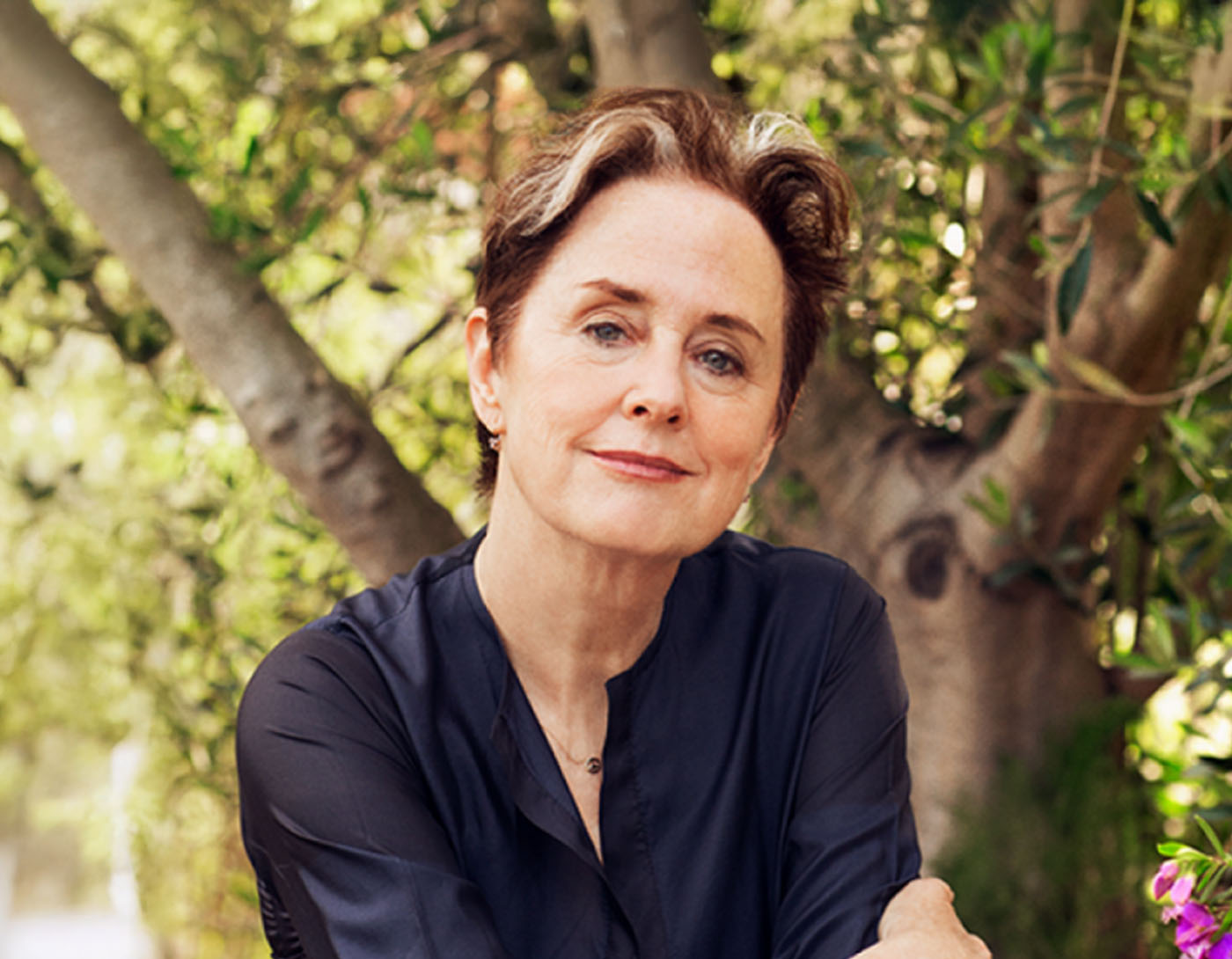
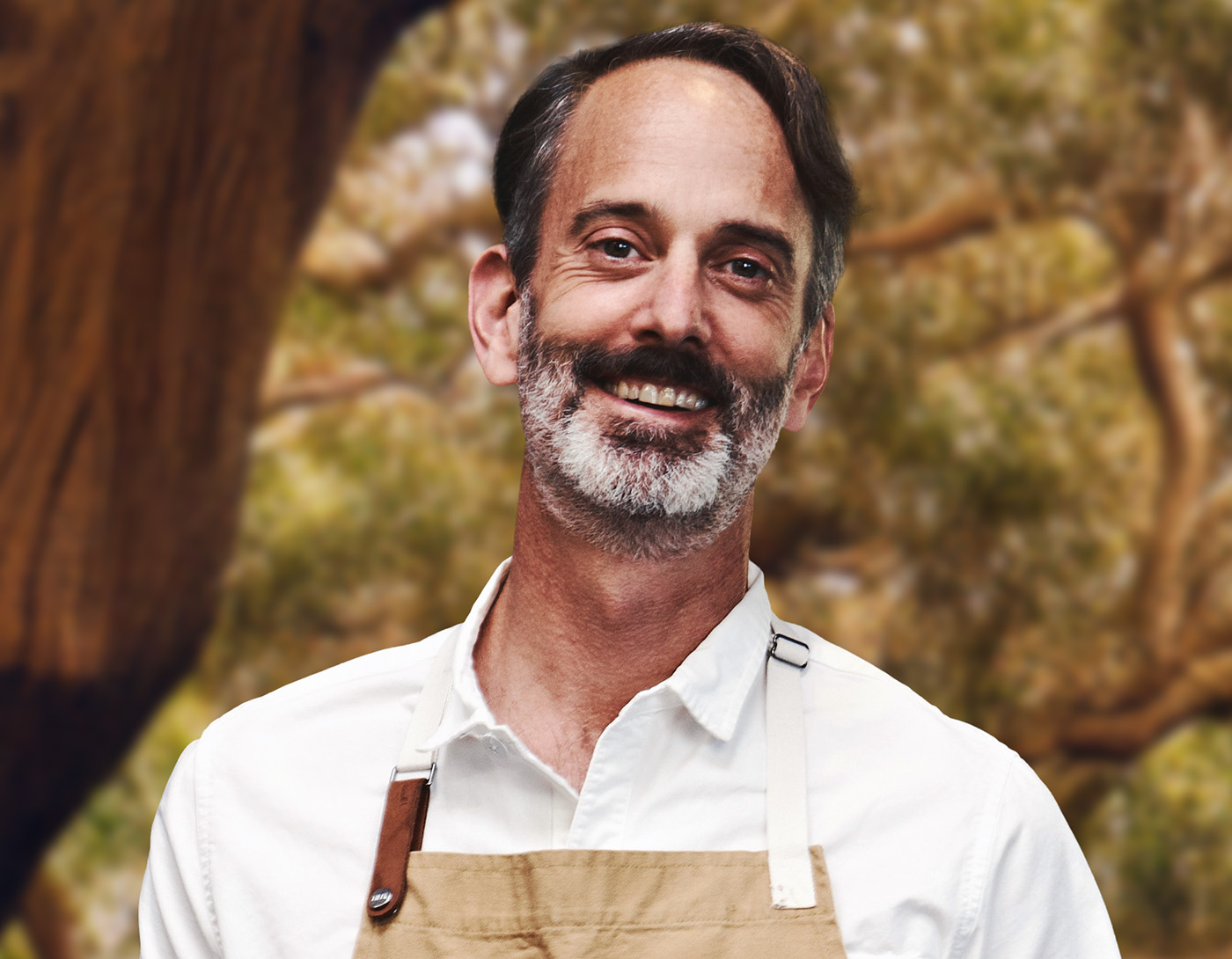
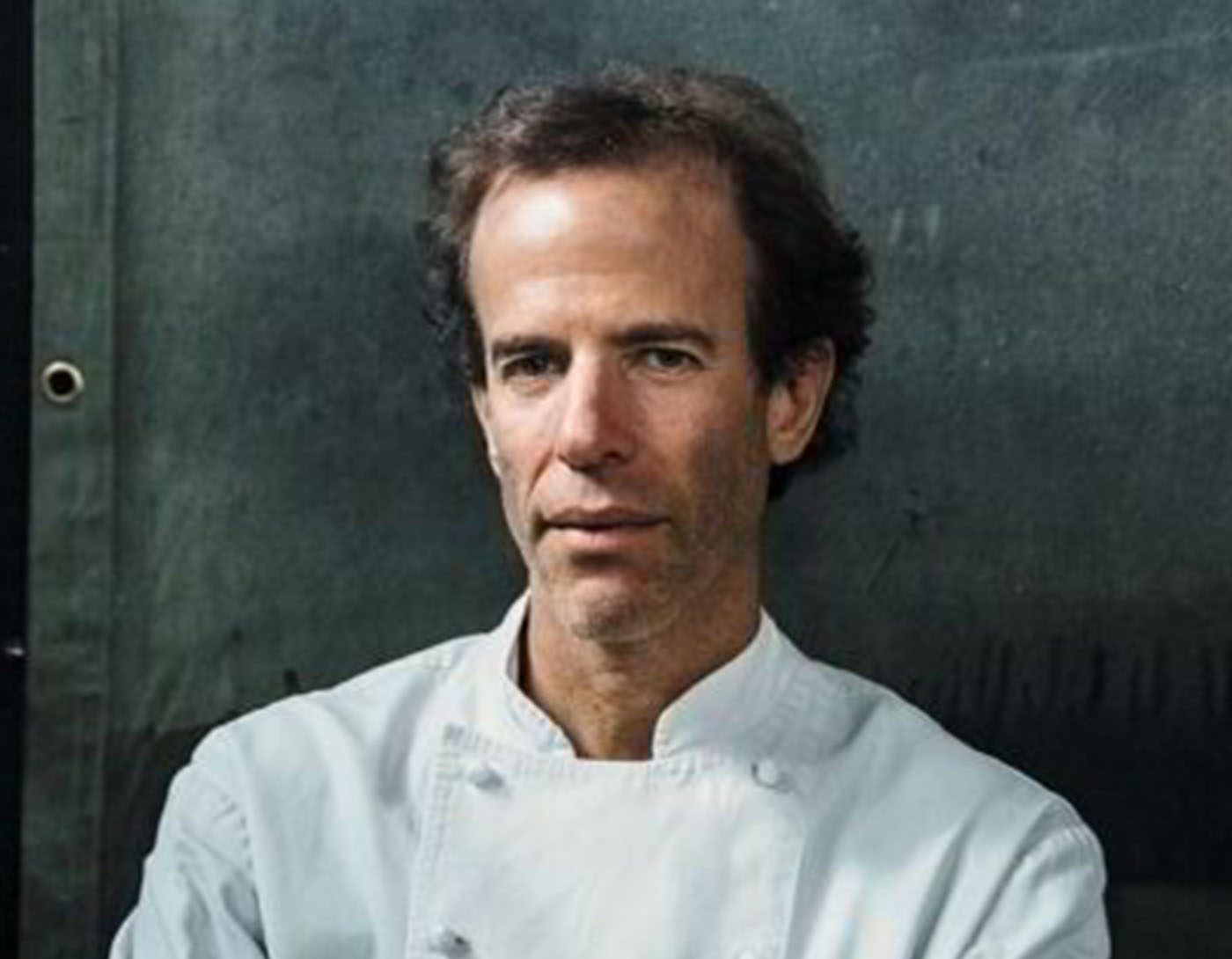
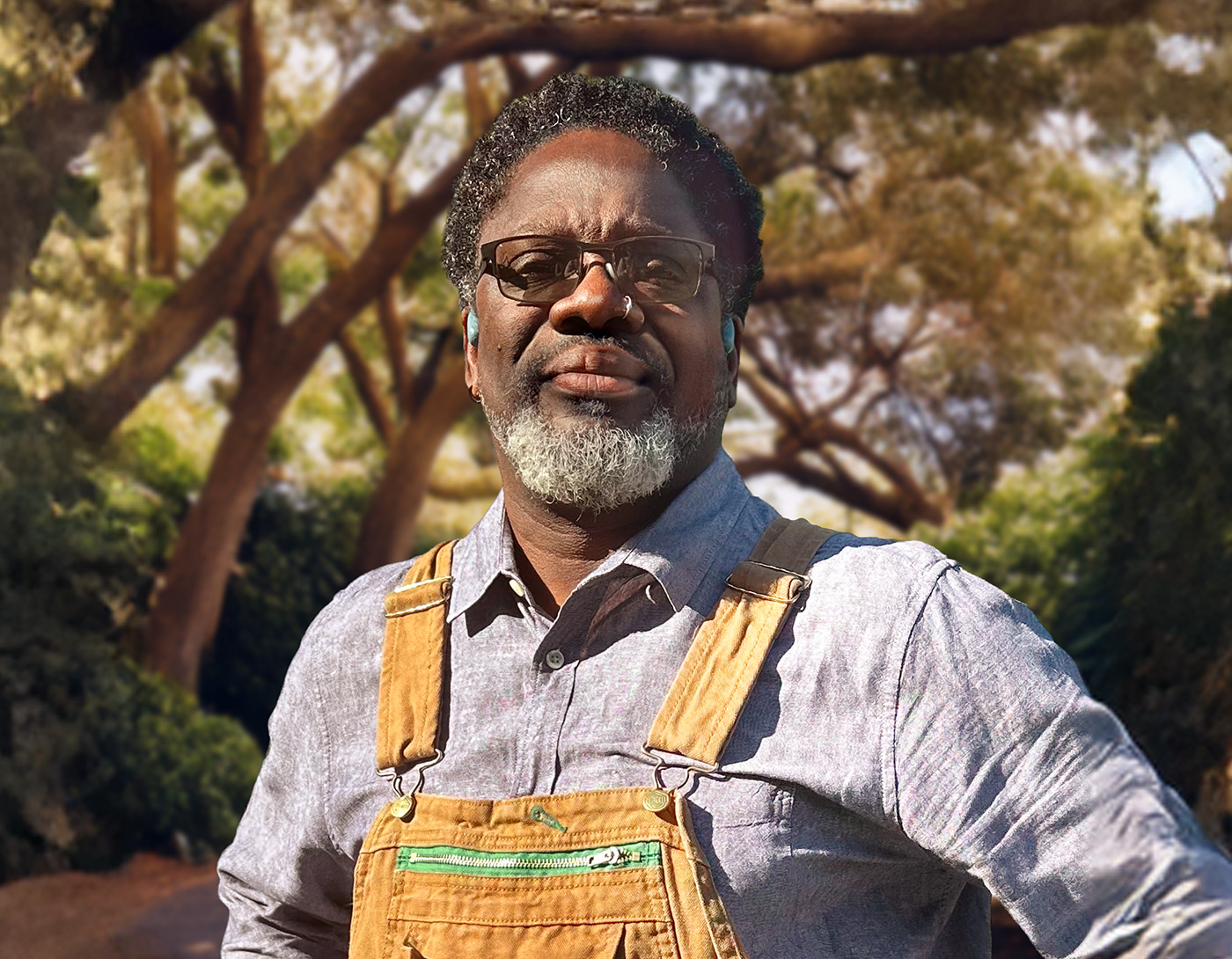
.jpeg)






